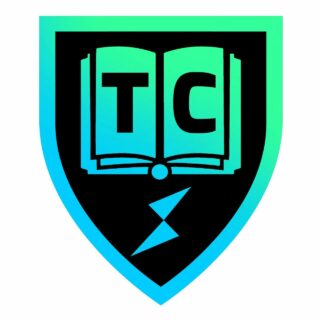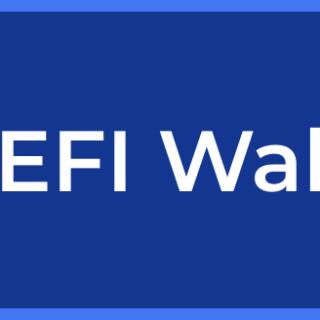ERC-20 and other token standards
Token standards are the sets of compliance rules that a smart contract must follow to be operational on the blockchain.
The framework behind the creation and issuance of token types is different for each network, and so there must be guidelines for how these tokens are created and function. Token standards therefore help developers properly create their own tokens or dApps according to the rules set out by the blockchain.
Token standards that are widely adopted can be referred to by name with an abbreviation. For instance, ERC-20 (Ethereum Request for Comment) is the most popular token standard, as it is the primary token standard for the fungible tokens on Ethereum (e.g. wBTC, USDT, USDC, etc. are all ERC-20 tokens). However, ERC-721 and ERC-1155 are also token standards on Ethereum, but instead are reserved for Non-Fungible Tokens (NFTs). ERC-1155, for example, can allow batch transfers of NFTs, while with ERC-721 each unique token is considered a separate ID on the contract.
Each token on every blockchain adheres to a certain token standard. Below are some more examples of token standard on non-Ethereum blockchains:
BEP-2: Binance Chain
BEP-20: Binance Smart Chain
TRC-20: Tron
Knowing how these tokens behave when moving and trading them, and which tokens belong to which blockchain, can help you identify the correct assets for your purposes.


